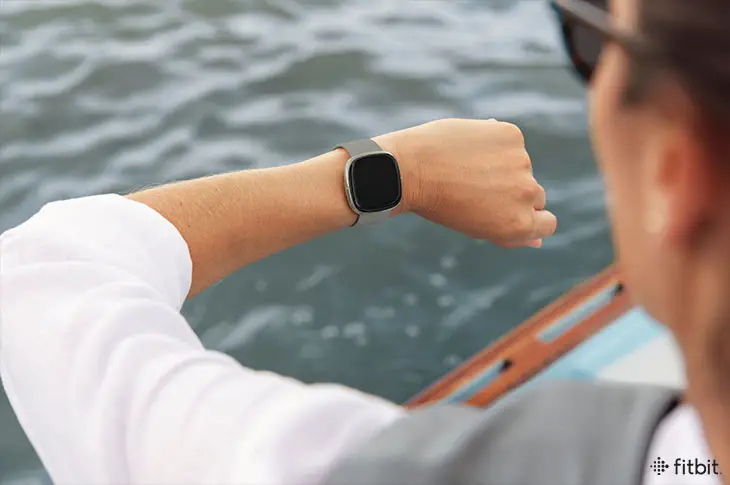Following its colorful – and rather unsuccessful – history with tablet devices, Google’s launch of the Pixel Tablet back in 2023 gave a glimmer of hope to Pixel fans who have been long yearning for a proper tablet from the brand. Needless to say however, the recent reported cancellation of the Pixel Tablet 2 has once again put a damper on Google’s tablet ambitions.
This now raises many questions such as “why can’t Google commit to tablets” or “did they not learn from the Nexus 7” or even “why are they still attempting hardware”, and while no one outside of Google can ever be sure of the reason, that certainly won’t stop more passionate fans from voicing out their opinions. After all, Google did hype up its core user base during the Pixel Tablet’s unveiling during Google I/O 2023, although now it looks like things are back to square one.
READ: The Pixel 9 might have stolen some of Apple’s iPhone market share
![]()
You see, after several tries with products like the Nexus range of tablets, the Google Pixel C and the subsequent (and similarly ill-fated) Pixel Slate, one would think that Google had figured out the kinks by now. After all, the Pixel smartphone line has seen relative success in terms of popularity and sales, and after nine generations it has remained safe from the infamous “Google Graveyard.” Even devices like the Pixel Watch wearables have mostly remained consistent on Google’s device lineup for the past few years, and the company continues to pour consistent work on these.
But things felt different with the Pixel Tablet. Yes, its arrival was met with much fanfare and pomp, but after a while the hype seemed to slow down. Google’s marketing focused mostly on its Pixel smartphones and wearables (which isn’t wrong), but it seemed like the Pixel Tablet was always in the background. By comparison, rival brands like Apple and Samsung have always given their tablets a significant amount of the spotlight alongside their smartphones.
![]()
Even when it came to performance and usage, the Pixel Tablet was under-powered. Yes, you could argue that its selling-point as a hybrid smart home display was unique, but that was hardly enough to sway potential buyers who prioritized factors such as premium designs and considerable performance, both of which were staples on products like the Galaxy Tab and iPad lines.
This then brings us to what could have been – Google’s work on adopting Android to larger-screened devices is commendable, and we’ve seen a lot of praise for features that were introduced in Android 12R, for example. There were even predictions that the Pixel Tablet’s successor would finally bring the fight to Apple’s iPads, allowing Google to finally succeed within the Android tablet market. Of course we now know that this is no longer the case.
There were even predictions that the Pixel Tablet’s successor would finally bring the fight to Apple’s iPads…
![]()
On the other hand, there are some who suggest that the Pixel Tablet 2 was cancelled due to Google currently working a way to merge Chrome OS with Android, and that we might still see a newer tablet product sometime in the near future. Personally I’m not too sure about the odds of that happening, but in a day and age where we got Apple to finally support RCS, who knows what’s next from Google.
As it stands in the moment however, Google still has a lot to figure out when it comes to its tablets. The right ingredients are usually there, and while the execution does work some of the time, the folks over at Mountain View really need to think long and hard about what their next step should be, at least as far as Pixel tablet devices are concerned.











Comments